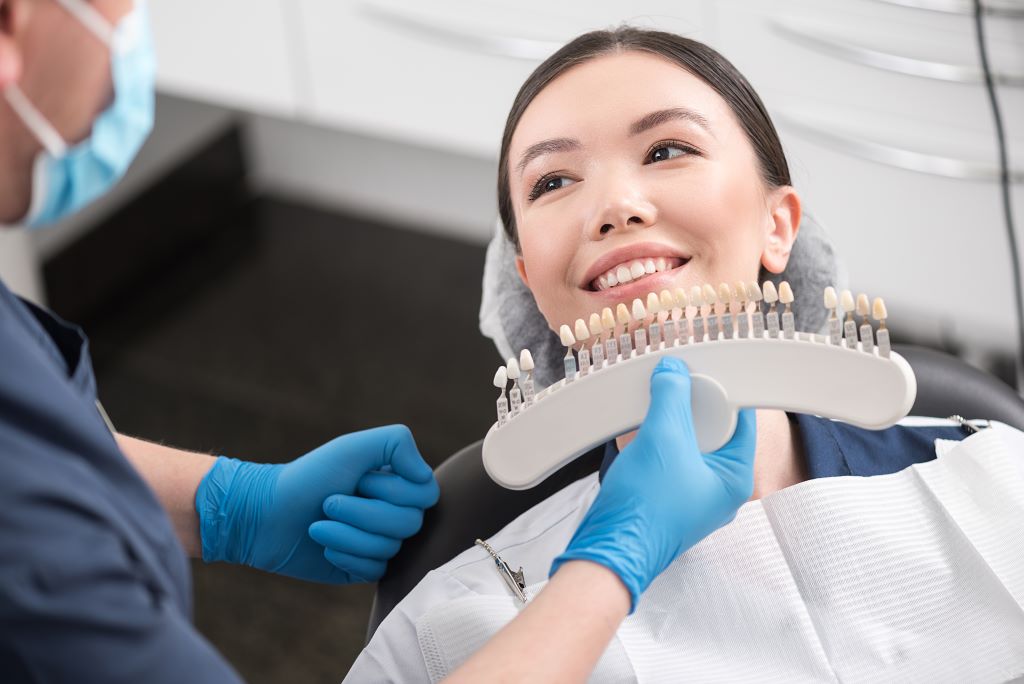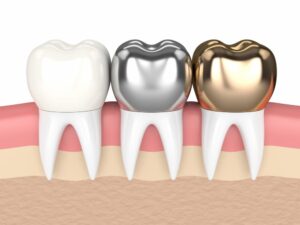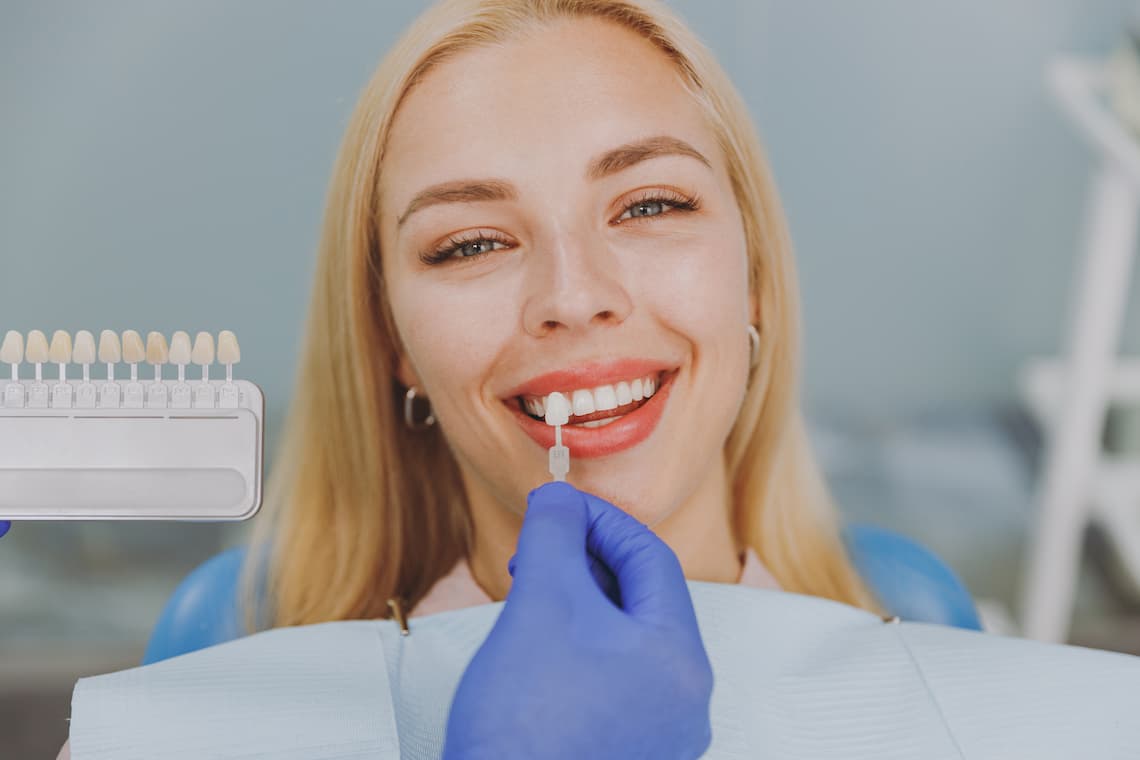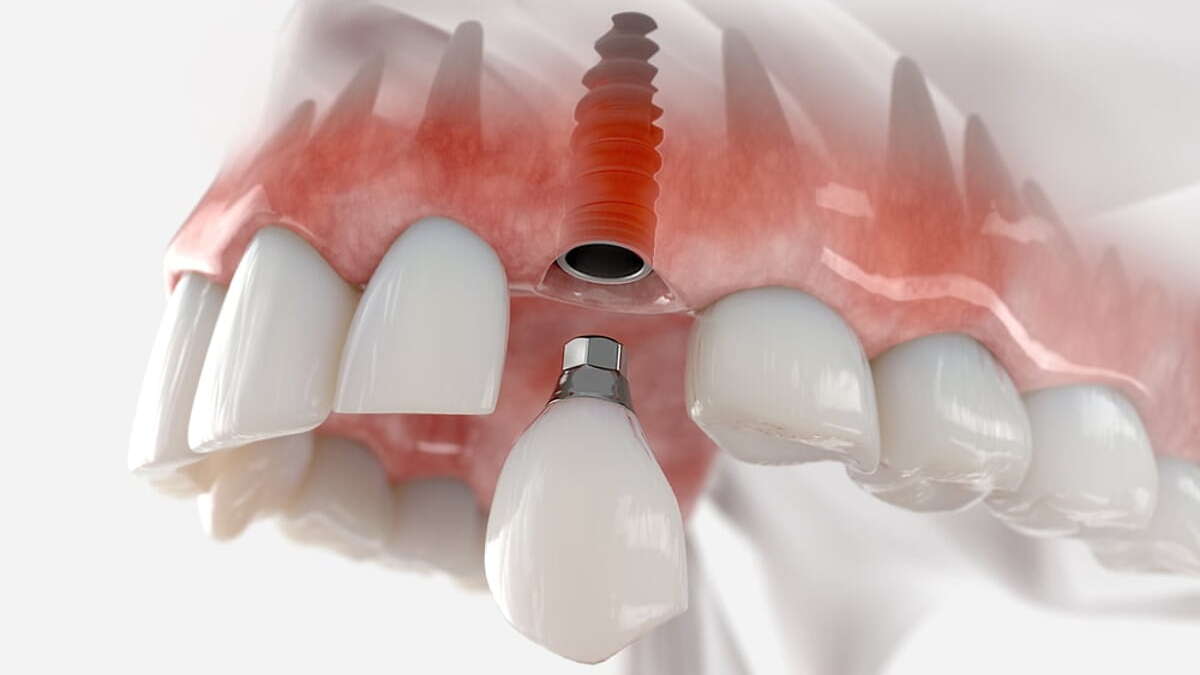Smile Radiantly With a Dental Crown Procedure in Thailand
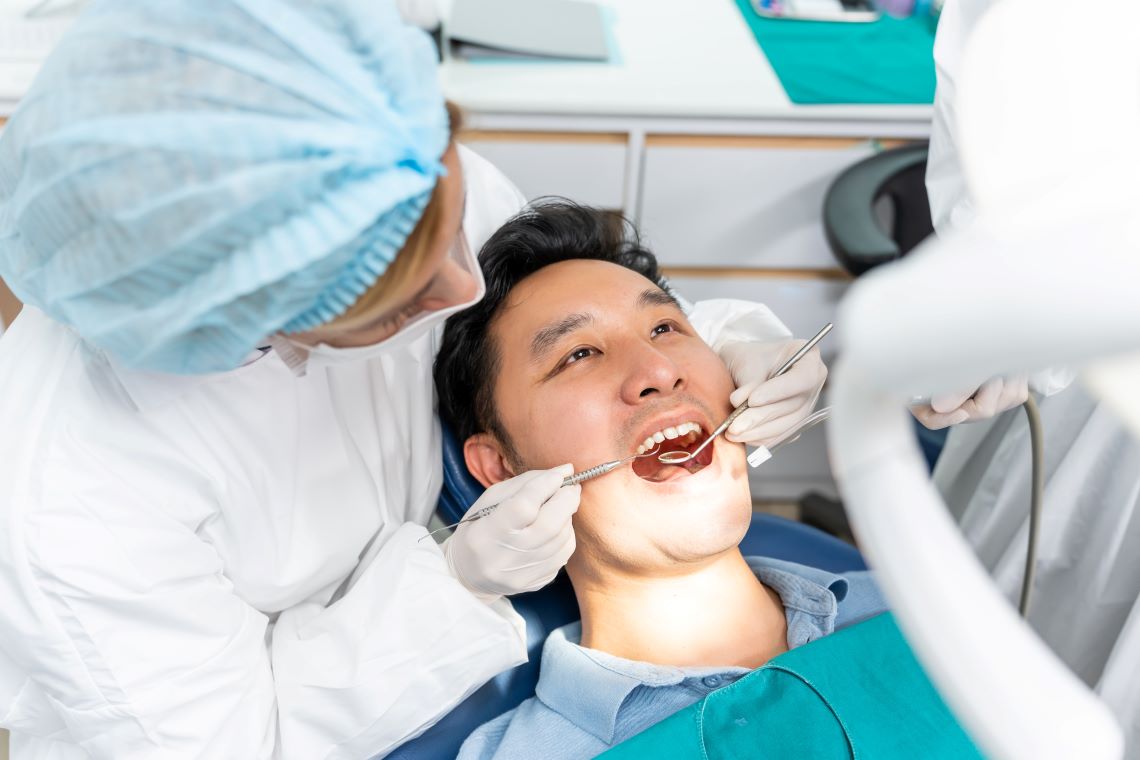
A broken or damaged tooth can significantly impact your confidence and daily life, affecting more than just your oral health. Additionally, the discomfort and sensitivity may hinder your ability to enjoy your favorite meals, leaving you frustrated and deprived of simple pleasures.
Understandably, such challenges can take an emotional toll. If you are seeking solutions to fix your broken or cracked tooth, a dental crown procedure in Thailand could be the answer. This solution goes beyond physical restoration – it reignites your confidence and improves your quality of life, allowing you to regain your radiant smile and enjoy life’s moments without reservation.
At The Ivory Dental Clinic, located in the heart of Bangkok, we prioritize our patient’s overall dental health and well-being. That’s why we offer state-of-the-art dental crown procedures to restore the function and appearance of your smile.
What Is a Dental Crown?
A dental crown, also known as a tooth cap, is a custom-made cap that fits over a damaged tooth, providing protection and support while restoring its shape, size, and strength. At The Ivory Dental Clinic, we utilize a variety of high-quality materials for our dental crowns, including full metal, porcelain-fused-to-metal (PFM), and all-ceramic, ensuring durability and a natural-looking result.
The Process
Our skilled and experienced team of dentists follows a meticulous process to ensure the success of your dental crown procedure.
First, a comprehensive examination of your damaged tooth, including X-rays, is conducted to assess its condition and determine the most suitable treatment plan.
Then, the tooth is prepared by removing any decayed or damaged portions, and an impression is taken to create a custom-made crown that perfectly matches your existing teeth.
While your permanent crown is being fabricated in our advanced dental laboratory, a temporary crown is placed to protect your tooth.
Once the final crown is ready, our dentists carefully bond it to your tooth, ensuring a secure fit and natural appearance.
After-care and Maintenance
At The Ivory Dental Clinic, we prioritize patient comfort and satisfaction throughout the entire dental crown procedure. Our friendly and attentive staff will guide you through each step, ensuring you feel at ease and well-informed about the process.
Proper care is essential for maintaining dental crowns to ensure their longevity and prevent oral health issues. Unlike removable dental appliances, crowns are fixed onto teeth and cannot be removed for cleaning. Therefore, it is crucial to treat them with the same level of care as your other healthy teeth. This means following a regular dental hygiene routine that includes brushing your teeth, flossing, and using fluoride products. By doing so, you can effectively prevent gum problems and decay from occurring underneath the crown margins.
It’s also important to know that the process of getting dental crowns usually involves two clinic visits. These visits are typically spread over a period of 3 to 7 days, depending on the type of crown you want, the time taken to make a mold, and the condition of your teeth.
Generally, there is a notion of dental crown procedures being expensive; however, at our clinic in Bangkok, we always strive to provide affordable costs alongside prompt and efficient service. Our dedicated team ensures your experience is convenient and hassle-free, so you can enjoy a healthy and beautiful smile for years.

If you’re seeking a trusted clinic in Bangkok, Thailand, for your dental crown procedure, The Ivory Dental Clinic provides exceptional care and typically costs less than expected. Contact us today to schedule your consultation and take the first step towards a healthier, more beautiful smile.

